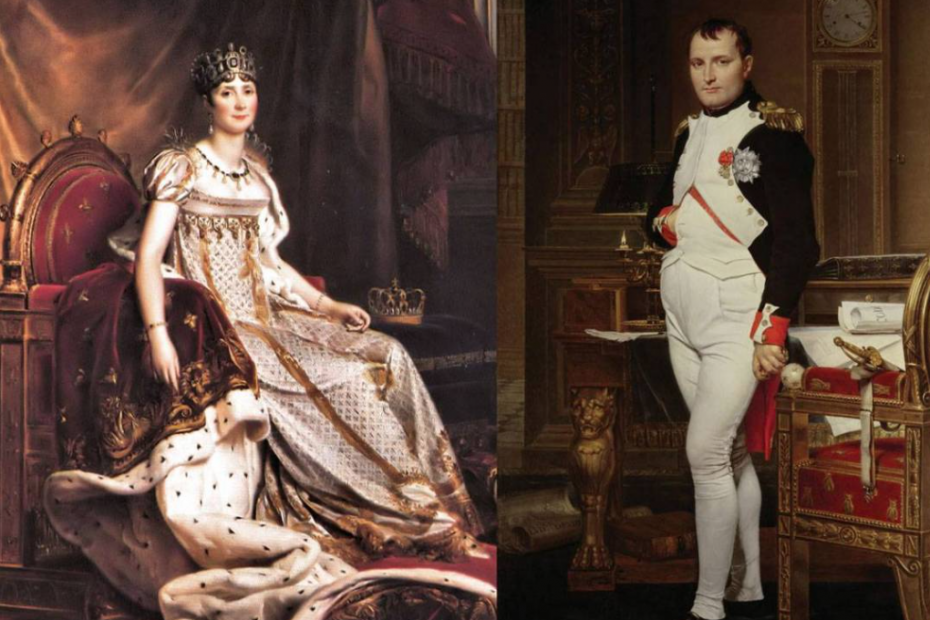“I didn’t even drink a cup of tea without cursing the ambition that keeps me away from the amine of my life”: the love phrase dedicated to Josephine exalts the heat of Napoleon steeped in bitter hatred at the time of the Italian Campaign. The story of Bonaparte seducer can also attract lovers festive today, February 14, martyr Valentine’s Day.
Josephine Tascher de la Pagerie, widow of Alexander de Beauharnais, a French general guillotined during the Reign of Terror, married Napoleon (9 March 1796). Age prevented the empress from procreating and, therefore, on 11 January 1810, the ecclesiastical court of the Paris archdiocese declared the nullity of marriage between the emperor and the “beautiful creole” born on the Caribbean island of Martinique.
The expected heir, Franz Joseph Napoleon, was born from the marriage between Marie Louise of Austria and Bonaparte. The religious rite, celebrated at the Louvre (April 2, 1810), was disliked by the clergy: the Emperor, burdened by anathema since 1809, passed over the assent to divorce granted by Pope Pius VII.
Napoleon’s amateur art was also active outside of marriage. The betrothal (21 April 1795) between Désirée Clary, the second daughter of François, a wealthy silk merchant and the second son of Marseille, and the young Napoleon lived only a few months. The Egyptian Campaign overwhelmed Cairo: it was summer (1798) and the Corsican General met Marguerite Pauline Bellisle Fourès, the “Napoleon’s Cleopatra”. The unsuspecting husband, lieutenant of the hunters on horseback, was sent to Paris to enjoy the role of bearer of special despatches and free, thus, the extramarital adventure.
The contralto Giuseppina Grassini met the First Consul in Milan at the time of the Battle of Marengo. The artist was later elected First Singer of His Majesty the Emperor in Paris (1806). The actress Marguerite Josephine Weimer or mademoiselle George was the lover of Luciano Bonaparte and also of his most famous and powerful brother.
Napoleon’s enthusiasm then flowed into the paternity of two illegitimate children: Charles Count Léon generated by Louise Catherine Eléonore Denuelle de la Plaigne, reader of Carolina Bonaparte and already divorced from Jean-Honoré François Revel and Alexandre Colonna-Walewski procreated by the young Polish woman Maria Laczynska.
